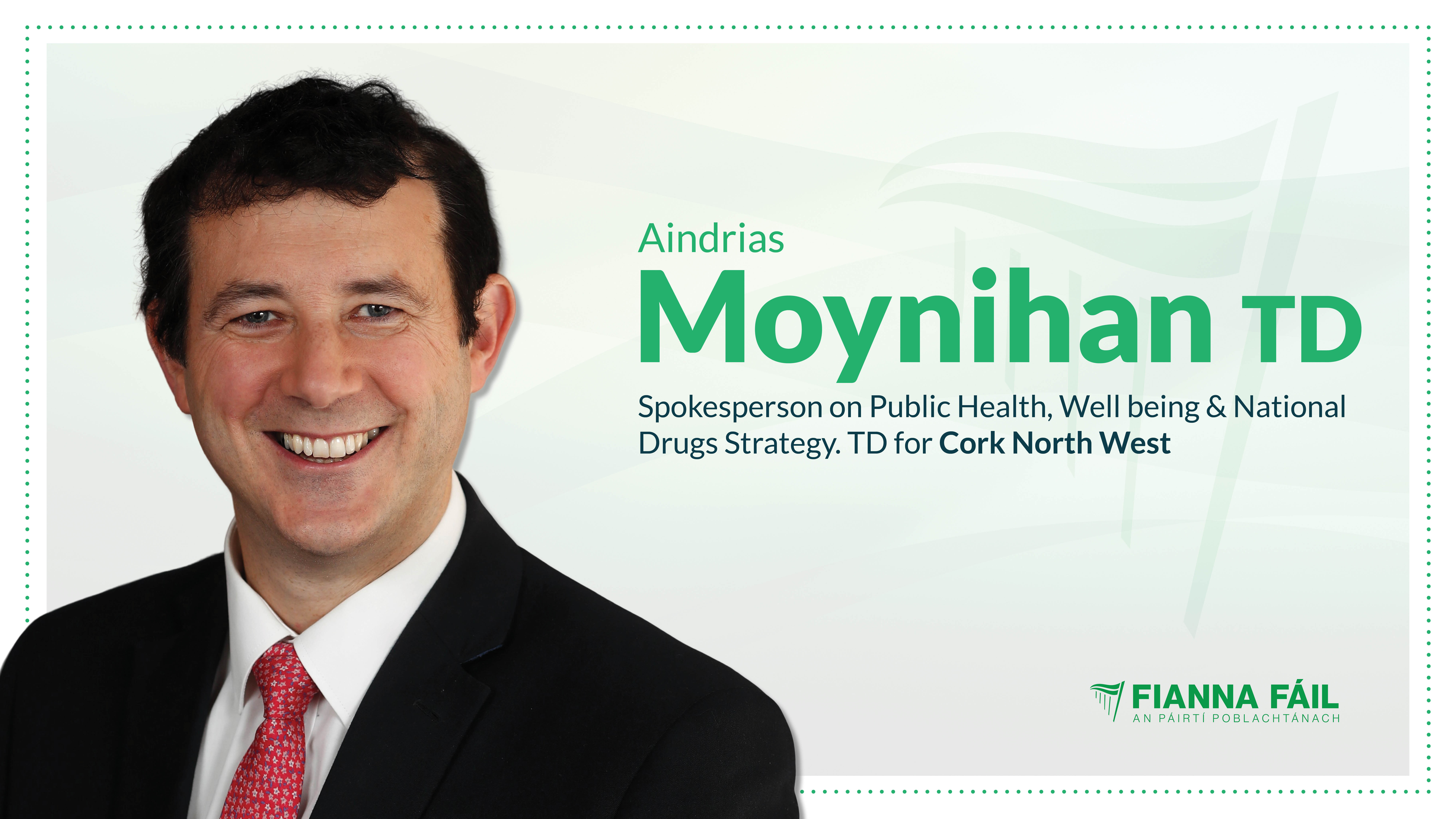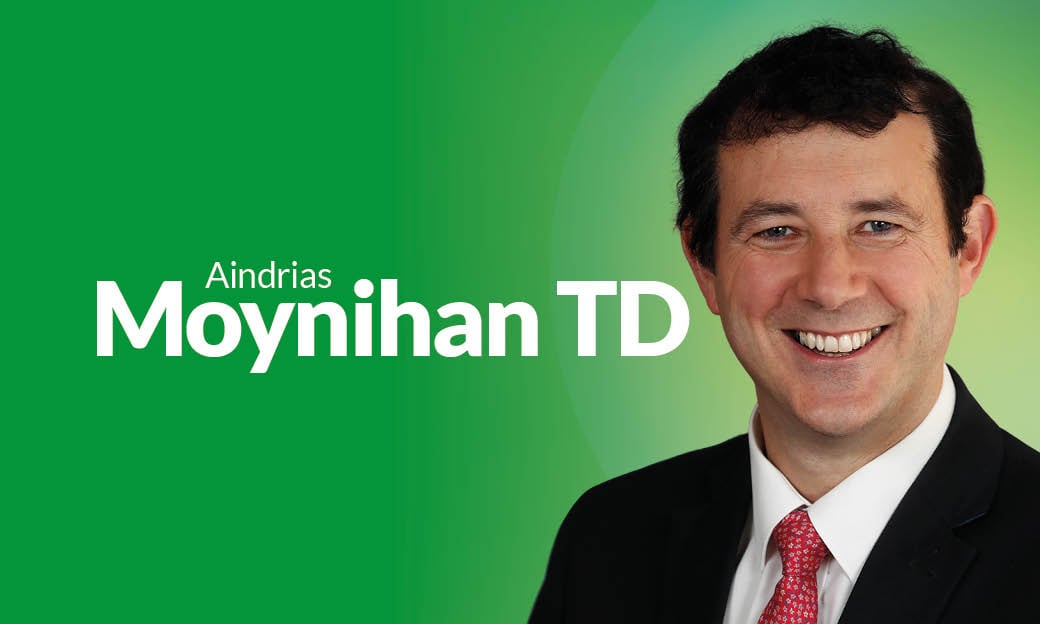Cynthia Ní Mhurchú backs EU proposals to introduce ‘alcohol interlocks’ on the cars of repeat drink and drug drivers
Published on: 24 April 2024
Ní Mhurchú describes as worrying Garda figures which show that drink driving checkpoints were down by half in many counties of her Ireland South constituency. In Clare and Tipperary, Garda intoxication testing checkpoints were down 48% and Garda breath tests were down 44% between 2022 and 2023. In Limerick, the same tests were down 49% and 54% respectively. Yet in Wicklow, Garda intoxication testing checkpoints were up 17% and Garda breath tests were up by 4% between 2022 and 2023. Ní Mhurchú has questioned the inconsistent approach by Gardai to roadside alcohol testing.
Ireland South MEP candidate Cynthia Ní Mhurchú has backed called by the European Transport Safety Council (ETSC) to mandate alcohol interlocks on the cars of convicted repeat drug and drink drivers.
According to Ní Mhurchú,
“Significant increases in drug driving in Ireland could be tackled with Interlocks - a device that is directly connected to a vehicle's ignition system and temporarily interrupts signals from the starter until the driver blows into the attached mouthpiece and provides a sample. If the interlock detects alcohol or drugs, the car will not start”
According to a recent report by the Irish Road Safety Authority, 37% of drivers who died on our roads between 2015-2019, where a toxicology report was available, had alcohol in their system. The same report found that 73% said driving under the influence was unacceptable among friends and peers. That's down 12% compared to answers provided in a comparable survey published in 2019, meaning people see it as more socially acceptable to drive under the influence.
Ní Mhurchú says we have to look to what other EU countries are doing to tackle the scourge of drink and drug driving,
“Almost 1,200 drivers in Belgium are currently driving a vehicle that has been fitted with an alcohol interlock after being convicted of driving under influence. In the Netherlands, a study showed that even after the lock was removed, the reoffending rate of those convicted with an alcohol interlock was three times lower than for drivers who received a conventional penalty. We have to learn from what is working with our EU colleagues and try it for ourselves. A Finnish report published in 2013, and based on four years of data, showed a recidivism rate of 6% when interlocks were used compared to the usual 30% rate in Finland.
Ní Mhurchú also described as worrying, Garda figures that showed a significant drop in the amount of roadside alcohol testing that Gardai are carrying out.
“In Clare and Tipperary, Garda intoxication testing checkpoints were down 48% and Garda breath tests were down 44% between 2022 and 2023. In Limerick, the same tests were down 49% and 54% respectively. Yet in Wicklow, Garda intoxication testing checkpoints were up 17% and Garda breath tests were up by 4% between 2022 and 2023. Ní Mhurchú has questioned the inconsistent approach by Gardai to roadside alcohol testing. I am calling on the Garda Commissioner to step up testing immediately across all counties - not just Wicklow. At a time when road deaths are out of control, it is really important that we see a Garda presence on our roads”
Ní Mhurchú maintained that any installation costs of alcohol interlocks should be met by the convicted drink or drug driver and that judges could take this into account when deciding on the length of the driving ban.
ENDS

.jpg)

